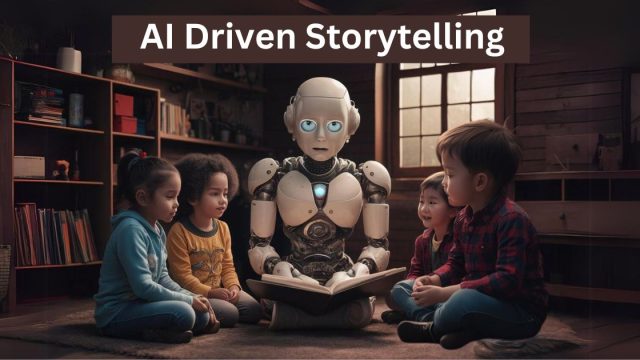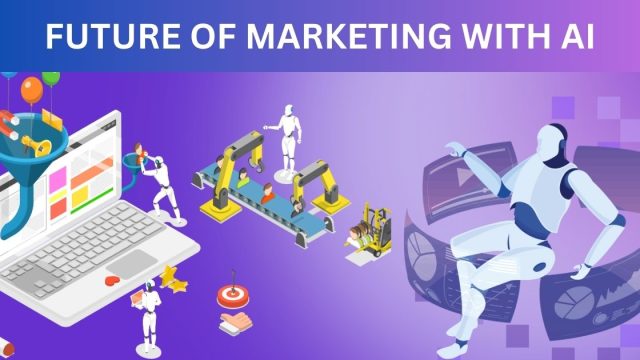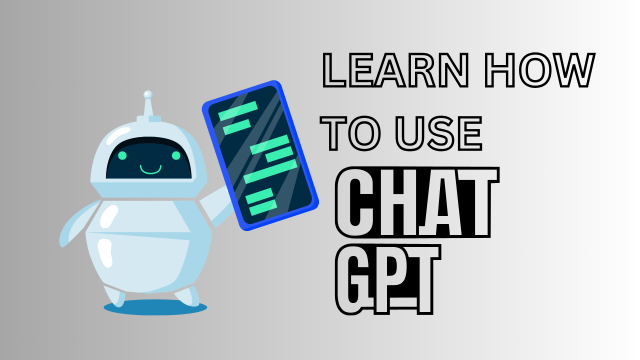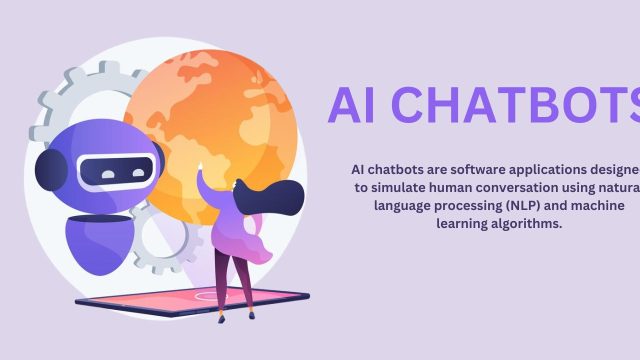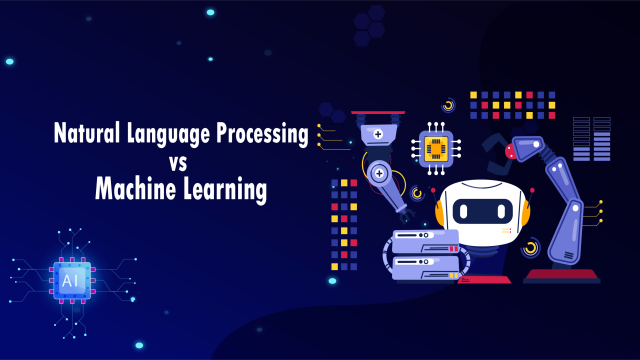Currently Empty: $0.00
AI in Business: How Industry Leaders are Leveraging ChatGPT
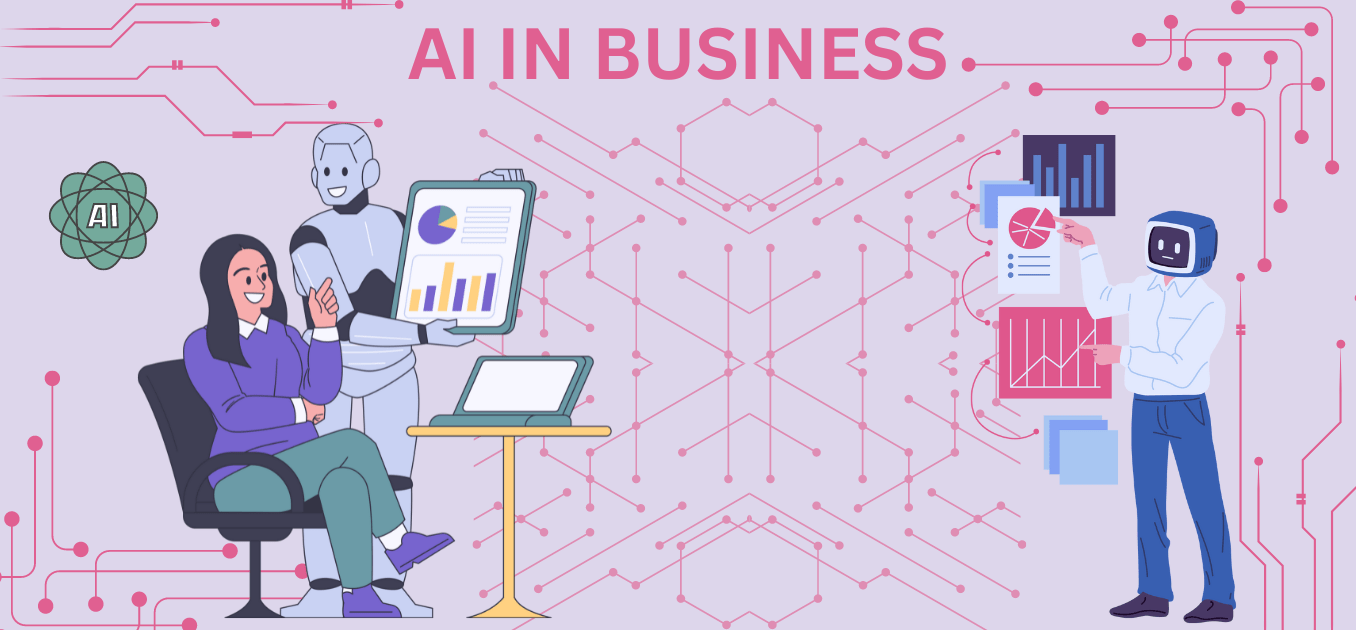
Introduction:
In the rapidly evolving digital landscape, AI in business has become an indispensable tool for companies. Among the various AI technologies, ChatGPT, developed by OpenAI, stands out as a transformative solution that industry leaders are leveraging to enhance their operations and stay ahead of the competition. This blog delves into how AI in business, particularly through the use of ChatGPT, is revolutionizing various business functions and providing a competitive edge to companies worldwide.
Understanding ChatGPT

ChatGPT is an advanced language model that uses machine learning to understand and generate human-like text. Its ability to comprehend context, provide coherent responses, and learn from interactions makes it a versatile tool for numerous applications. Whether it’s automating customer service, streamlining internal processes, or enhancing marketing strategies, ChatGPT is proving to be a game-changer in the business world.
Enhancing Customer Service
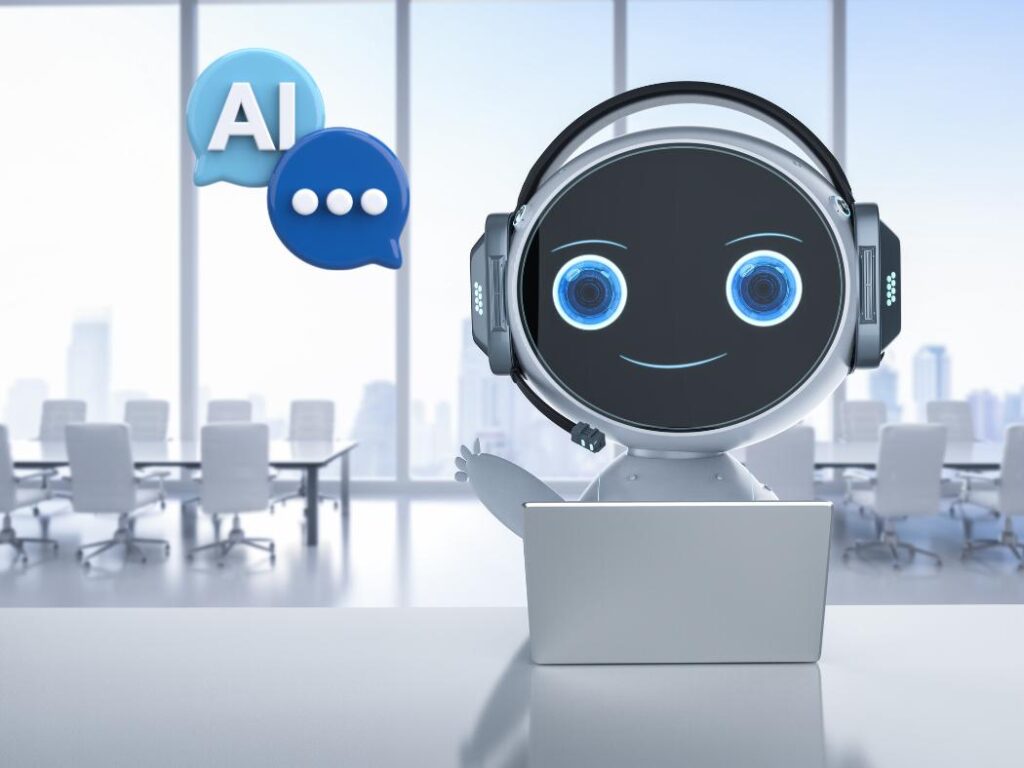
24/7 Customer Support
One of the most significant advantages of ChatGPT is its ability to provide round-the-clock customer support. Businesses can deploy ChatGPT as a chatbot on their websites or social media platforms to handle customer inquiries at any time of the day. This continuous availability ensures that customers receive prompt assistance, leading to higher satisfaction and loyalty.
Example: A major e-commerce company, such as Amazon, uses ChatGPT to handle customer inquiries at any time of the day. By integrating ChatGPT into their customer service system, they can provide instant responses to common questions about order status, returns, and product information, ensuring customers receive prompt assistance even outside of regular business hours.
Personalized Interactions
ChatGPT can analyze customer data to deliver personalized responses and recommendations. By understanding customer preferences, purchase history, and behavior patterns, ChatGPT can offer tailored solutions that enhance the customer experience. This level of personalization not only improves satisfaction but also increases the likelihood of repeat business and upselling opportunities.
Example: A financial services firm like American Express leverages ChatGPT to analyze customer data and deliver personalized financial advice. By understanding a customer’s spending patterns and financial goals, ChatGPT can offer tailored recommendations for credit card products, investment options, and savings plans, enhancing the customer experience.
Efficient Query Resolution
ChatGPT can handle a wide range of customer queries, from simple FAQs to complex problem-solving. By automating these interactions, businesses can reduce the workload on their human customer service agents, allowing them to focus on more critical tasks. This not only improves efficiency but also ensures that customers receive quick and accurate responses.
Example: A telecommunications company, such as Verizon, uses ChatGPT to resolve technical issues for customers. ChatGPT can guide customers through troubleshooting steps for common problems with their internet or mobile services, reducing the need for human intervention and speeding up resolution times.
Streamlining Internal Operations

Automating Administrative Tasks
Administrative tasks, such as scheduling meetings, managing calendars, and processing emails, can be time-consuming and repetitive. ChatGPT can automate these tasks, freeing up employees to focus on more strategic activities. For example, ChatGPT can schedule meetings based on participants’ availability, send reminders, and even draft and send emails, significantly boosting productivity.
Example: A multinational corporation like Microsoft employs ChatGPT to automate scheduling meetings and managing calendars. ChatGPT can coordinate meeting times based on participants’ availability, send out invitations, and even arrange for reminders, allowing employees to focus on more strategic tasks.
Enhancing Employee Training and Onboarding
ChatGPT can serve as a valuable resource for employee training and onboarding. New hires can interact with ChatGPT to learn about company policies, procedures, and culture. Additionally, ChatGPT can provide instant answers to their questions, helping them get up to speed quickly. This streamlined onboarding process ensures that new employees are well-informed and ready to contribute effectively from day one.
Example: A global consulting firm, such as Deloitte, uses ChatGPT to assist with onboarding new hires. New employees can interact with ChatGPT to learn about company policies, access training materials, and get answers to frequently asked questions, streamlining the onboarding process and ensuring consistency.
Internal Communication
Effective internal communication is crucial for any organization. ChatGPT can assist by disseminating information, conducting surveys, and gathering feedback from employees. It can also help in drafting internal communications, ensuring consistency and clarity in messaging across the organization.
Example: A large enterprise like IBM utilizes ChatGPT to draft and disseminate internal communications, such as company updates, policy changes, and event announcements. ChatGPT can ensure that these messages are clear, consistent, and reach the entire organization effectively.
Revolutionizing Marketing and Sales

Content Creation
Creating high-quality content is essential for engaging audiences and driving marketing campaigns. ChatGPT can generate a wide range of content, including blog posts, social media updates, and marketing copy. By automating content creation, businesses can maintain a consistent online presence, engage their audience effectively, and save valuable time and resources.
Example: A leading digital marketing agency like HubSpot leverages ChatGPT to generate blog posts, social media updates, and email newsletters. ChatGPT can produce high-quality content at scale, helping the agency maintain a consistent online presence and engage its audience more effectively.
Social Media Management
ChatGPT can assist in managing social media accounts by scheduling posts, responding to comments, and analyzing engagement metrics. Its ability to generate human-like text makes it ideal for maintaining an active and engaging social media presence. Additionally, ChatGPT can analyze social media trends and provide insights into audience preferences, helping businesses tailor their strategies accordingly.
Example: A global fashion brand like Nike uses ChatGPT to manage its social media accounts. ChatGPT can schedule posts, respond to customer inquiries in real-time, and analyze engagement metrics to provide insights into audience preferences, enabling Nike to tailor its social media strategy.
Lead Generation and Nurturing
In sales, ChatGPT can be used to identify and nurture leads. By engaging with potential customers through chatbots, ChatGPT can qualify leads based on predefined criteria, collect essential information, and provide product or service details. This automated lead generation process allows sales teams to focus on high-potential prospects and close deals more efficiently.
Example: A software company like Salesforce integrates ChatGPT into its CRM system to interact with potential customers, qualify leads, and provide information about its products. ChatGPT can nurture these leads by sending personalized follow-up messages, ensuring that the sales team can focus on closing deals with high-potential prospects.
Innovating Product Development

Market Research and Analysis
ChatGPT can process and analyze vast amounts of data to provide valuable insights into market trends, customer preferences, and competitor activities. This information is crucial for product development teams to create products that meet market demands and stay ahead of the competition. By leveraging ChatGPT for market research, businesses can make data-driven decisions that drive innovation and growth.
Example: A consumer electronics company like Apple uses ChatGPT to analyze customer feedback and market trends. By processing large volumes of data from surveys, social media, and product reviews, ChatGPT can provide insights that guide the development of new products and features that meet market demands.
Prototyping and Feedback
Gathering feedback on prototypes and new product ideas is essential for successful product development. ChatGPT can facilitate this process by engaging with customers and stakeholders to collect their opinions and suggestions. This real-time feedback allows businesses to refine their products based on actual user input, ensuring that they launch offerings that resonate with their target audience.
Example: A car manufacturer like Tesla employs ChatGPT to gather feedback on new vehicle prototypes. By engaging with customers through surveys and interactive chats, Tesla can collect valuable insights that help refine their designs and improve product features before the final launch.
Enhancing Decision-Making

Data-Driven Insights
In today’s data-driven world, making informed decisions is crucial for business success. ChatGPT can analyze data from various sources, including financial reports, market studies, and customer feedback, to provide actionable insights. These insights enable business leaders to make strategic decisions that drive growth and profitability.
Example: A global retail giant like Walmart leverages ChatGPT to analyze sales data, customer behavior, and market trends. ChatGPT can provide actionable insights that inform inventory management, pricing strategies, and marketing campaigns, helping Walmart make informed decisions that drive growth.
Scenario Planning
ChatGPT can assist in scenario planning by simulating different business scenarios and outcomes. This capability allows businesses to anticipate challenges and opportunities, develop contingency plans, and make proactive decisions. By leveraging ChatGPT for scenario planning, companies can better prepare for the future and navigate uncertainties effectively.
Example: An energy company like Shell uses ChatGPT for scenario planning and forecasting. By simulating various market conditions and operational scenarios, Shell can anticipate potential challenges, develop contingency plans, and make strategic decisions that ensure business continuity and resilience.
Conclusion
As AI technology continues to evolve, its applications in business are expanding rapidly. ChatGPT, with its advanced language capabilities, is at the forefront of this transformation. Industry leaders across various sectors are harnessing the power of ChatGPT to enhance customer service, streamline operations, revolutionize marketing and sales, innovate product development, and improve decision-making.
Embracing AI technologies like ChatGPT is no longer optional but essential for businesses aiming to thrive in the modern landscape. By leveraging ChatGPT, businesses can stay competitive, drive growth, and create value in an increasingly digital world. As more industry leaders adopt and innovate with ChatGPT, the potential for AI-driven success continues to grow, promising a future where businesses can achieve unprecedented levels of efficiency, creativity, and customer satisfaction.
By investing in ChatGPT and integrating it into their operations, businesses can unlock new opportunities and maintain a competitive edge in the ever-changing market. The future of business is undoubtedly intertwined with AI, and those who leverage its full potential will be the ones to lead the way.


